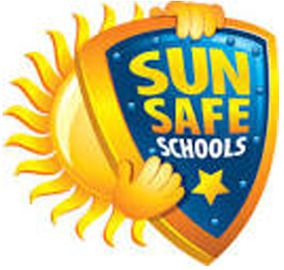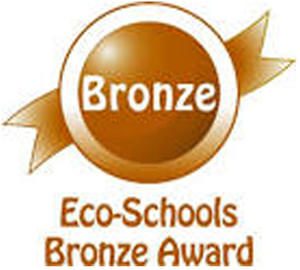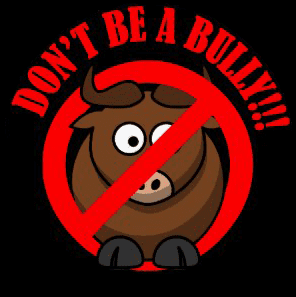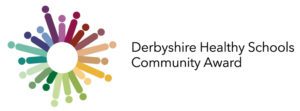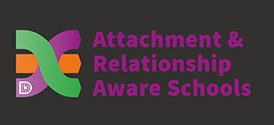
Intent
PSHE education is a planned programme of learning through which the children at Springfield, acquire the knowledge, understanding and skills they need to manage their lives now and in the future. At Springfield we follow a whole school, integrated approach to PSHE education and not just stand alone lessons.
PSHE stands for personal, social and health education.
It aims to develop the qualities and attributes pupils need to thrive as individuals, family members and members of society.
PSHE education can help schools to reduce or remove many of the barriers to learning experienced by pupils, significantly improving their capacity to learn and achieve. The PSHE education programme makes a significant contribution to pupils’ spiritual, moral, social and cultural (SMSC) development, their behaviour and safety and the school’s statutory responsibility to promote pupils’ wellbeing.
PSHE education equips pupils with the knowledge, understanding, skills and strategies required to live healthy, safe, productive, capable, responsible and balanced lives. It encourages them to be enterprising and supports them in making effective transitions, positive learning and career choices and in achieving economic wellbeing.
A critical component of PSHE education is providing opportunities for children and young people to reflect on and clarify their own values and attitudes and explore the complex and sometimes conflicting range of values and attitudes they encounter now and in the future.
PSHE education contributes to personal development by helping pupils to build their confidence, resilience and self-esteem, and to identify and manage risk, make informed choices and understand what influences their decisions. It enables them to recognise, accept and shape their identities, to understand and accommodate difference and change, to manage emotions and to communicate constructively in a variety of settings.
Developing an understanding of themselves, empathy and the ability to work with others will help pupils to form and maintain good relationships, develop the essential skills for future employability and better enjoy and manage their lives.
Implementation
At Springfield, we believe that personal, social and health education (PSHE) enables our children to become healthy, safe, independent and responsible members of society. It aims to help them understand how they are developing personally and socially, and tackles many of the moral, social and cultural issues that are part of growing up. We are dedicated to ensuring that Springfield is a happy, stimulating and caring place and we expect high standards of behaviour and good manners throughout the school. Behaviour and attitude to learning is underpinned by values that are taught through PSHE lessons, making it integral to the success of the whole school. PSHE is at the heart of our school ethos.
Impact
We encourage our children to take part in a range of practical roles and activities that promote active citizenship: Peer Supporter, School Councillor, class and whole school fundraising, reading buddies and engagement in school and local events. Children have opportunities to meet and work with members of the community, such as: health workers, firefighters, police officers, librarians, sports coaches, secondary school pupils, artists, authors and representatives from the local church. We participate in, and promote National events such as: Democracy Week, Anti-Bullying Week and Road Safety Week.
PSHE is taught as both explicit lessons, using Jigsaw but it is also embedded in other areas of the curriculum and day-to-day life of the school. We aim to support:
- Happy and positive relationships
- Empathy and compassion
- The confidence to make the most of their abilities
- Value and respect of diversity
- Respect for others’ rights to their own values and beliefs
- Evaluation (and appropriate challenge) of the opinions and arguments of others
- Leadership and presentation skills
- Strategies for managing influence
- Enterprise skills and attributes
- Skills for employability (aspiration, communication, creativity, goal setting)
- Taking positive risks.
Assessment criteria has been developed by using Jigsaw, in order to assess and cover the curriculum accurately. This data is analysed and any gaps that are present are quickly addressed.
Pupil voice is used in forming the curriculum, and we are currently looking at extending the children’s PSHE vocabulary. This was based on pupil surveys undertaken at the beginning of the year.
We have many areas of PSHE that occur in our school regularly. These include (but are not limited to): school trips, sports tournaments, PSHE lessons, exposing children to a wide variety of literature and asking them to see things from different perspectives, Book Assemblies, various classroom visitors, our School Council and our Road Safety Officer visits. We are confident our children are developing their PSHE skills both in and out of lessons at every possible opportunity.

